Poison Ivy Removal Costs Explained
Understanding the factors that influence the cost of poison ivy removal helps in planning and budgeting for effective treatment. Variations depend on the extent of infestation, location, and removal method, among other considerations.
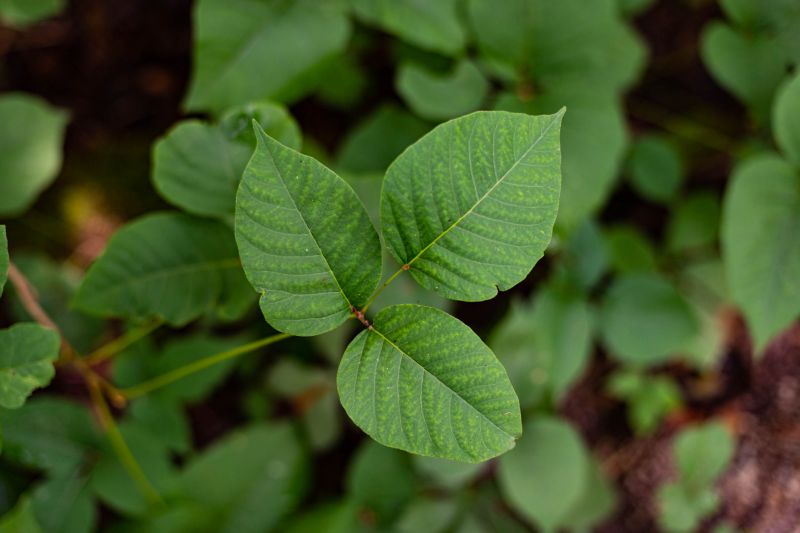
Larger areas with dense poison ivy growth require more resources and labor, increasing overall costs.
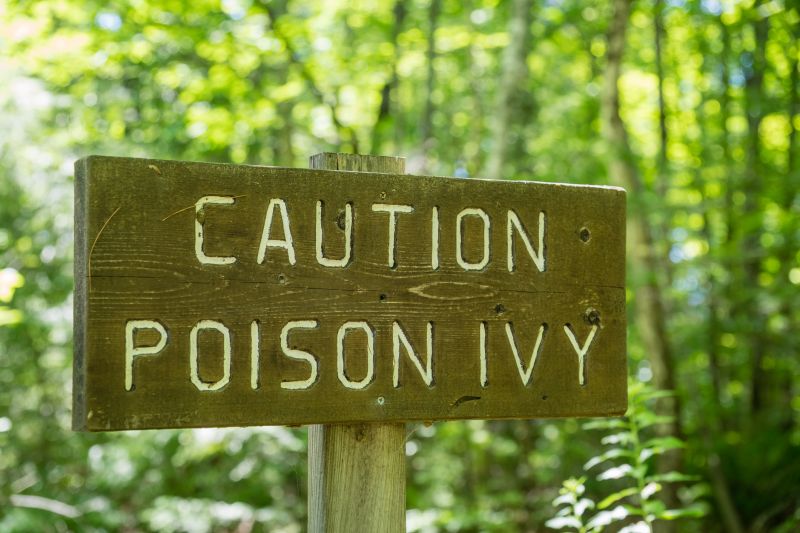
Removals in hard-to-reach or protected areas tend to be more complex and costly.
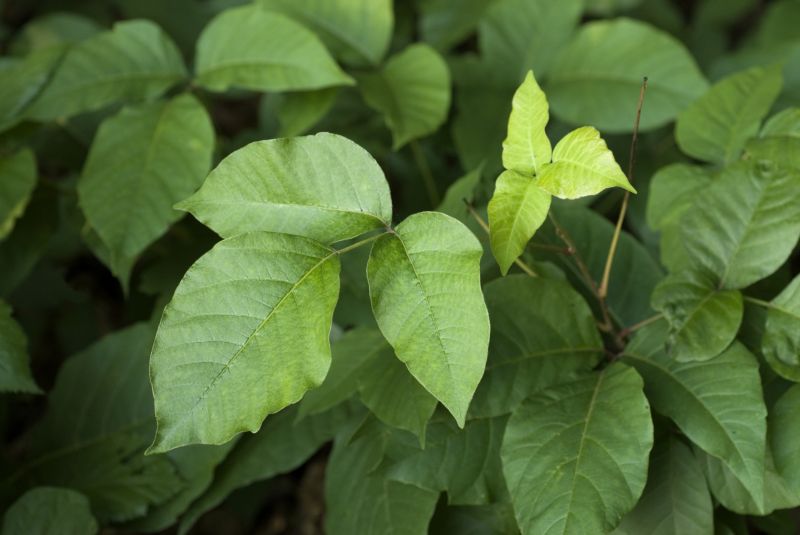
Chemical treatments versus manual removal influence pricing, with chemical options often being quicker but sometimes more expensive.
| Factor | Impact on Cost |
|---|---|
| Size of Infestation | Larger infestations significantly increase costs due to more labor and materials. |
| Location | Hard-to-access areas or sensitive landscapes can raise removal expenses. |
| Removal Technique | Chemical treatments may have different costs compared to manual removal. |
| Frequency of Removal | One-time removal costs versus ongoing maintenance influence overall expenses. |
| Property Type | Residential, commercial, or public spaces each have distinct pricing considerations. |
| Season | Certain seasons may require specialized equipment or methods, affecting price. |
| Labor Requirements | Additional labor for safety or specialized skills can increase costs. |
| Regulatory Compliance | Adhering to local regulations may add to the overall expense. |
The cost of poison ivy removal varies based on the infestation's size and location. Smaller, accessible areas tend to be less expensive, while extensive or hard-to-reach infestations require more intensive efforts. Chemical treatments generally offer a quicker solution but may involve higher material costs. Manual removal, though labor-intensive, can be more cost-effective for smaller patches. The choice of method also influences the timeline and potential impact on surrounding vegetation.
Additional factors such as property type and seasonal timing can further affect pricing. For example, commercial properties or public parks may incur higher fees due to regulatory requirements and safety protocols. Seasonal considerations, like the best time for removal, can also influence costs, with certain periods demanding specialized equipment or techniques to ensure effectiveness.
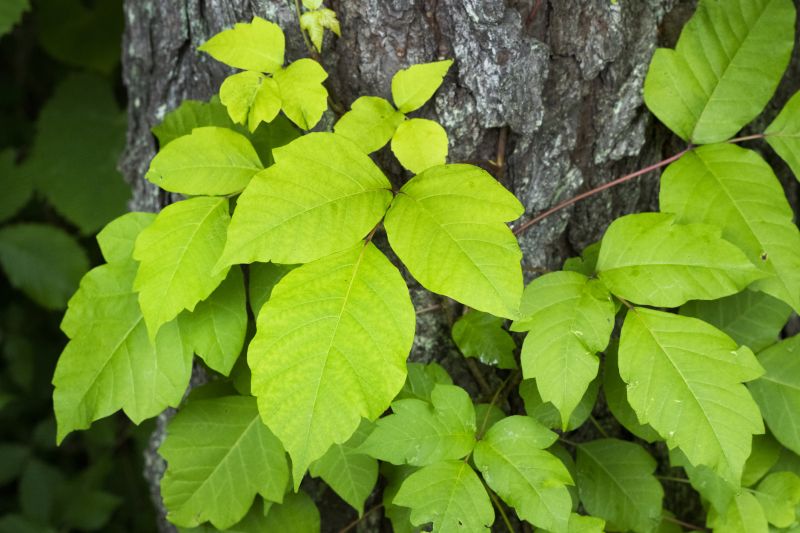
Chemical removal involves herbicides that target poison ivy efficiently, often at a higher material cost but with quicker results.
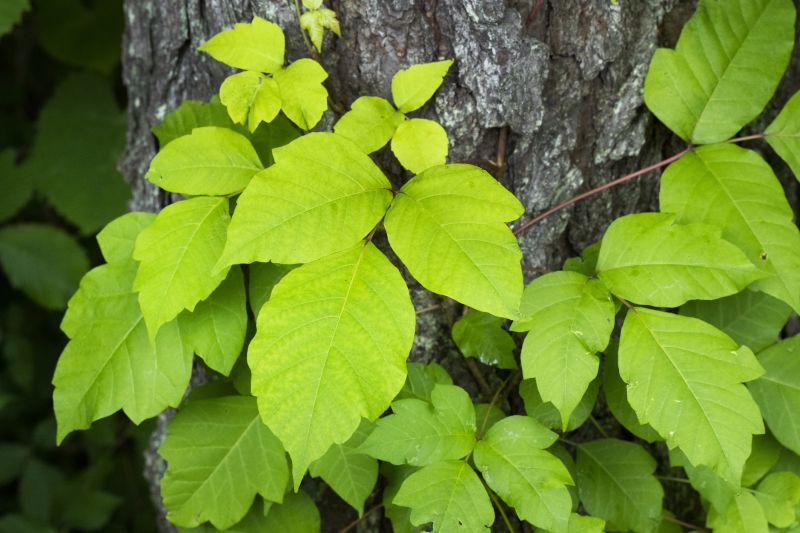
Physical extraction of plants is labor-intensive but may be more economical for small areas.
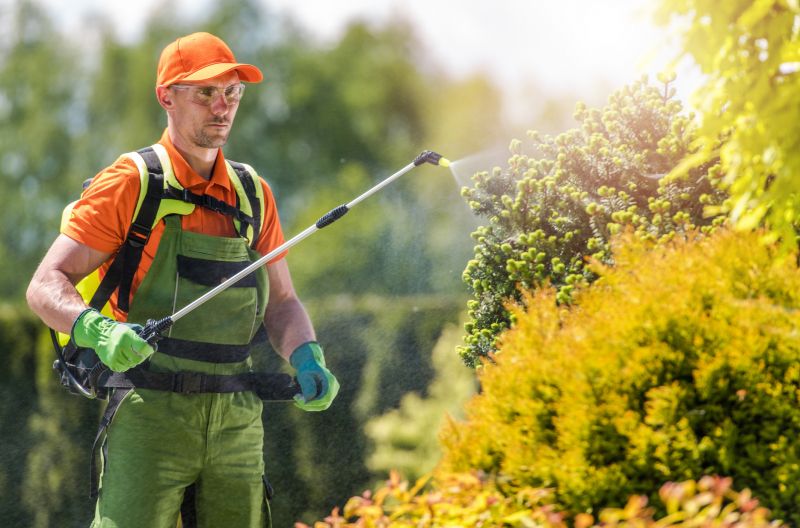
Use of safety gear during removal impacts labor costs and safety compliance.
| Service | Average Price Range |
|---|---|
| Basic Poison Ivy Removal (small area) | $150 - $300 |
| Large Infestation Removal | $500 - $2,000 |
| Chemical Treatment Application | $200 - $600 |
| Manual Removal Service | $100 - $250 per hour |
| Landscaping and Site Cleanup | $300 - $1,000 |
| Ongoing Maintenance Program | $100 - $400 per visit |
| Emergency or Urgent Removal | $600 - $2,500 |
| Consultation and Site Assessment | $100 - $300 |
| Post-Removal Monitoring | $150 - $400 |
| Protected Area Removal (hard-to-reach) | $1,000 - $3,000 |



